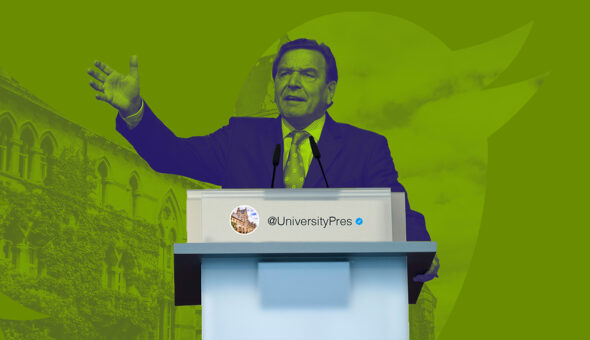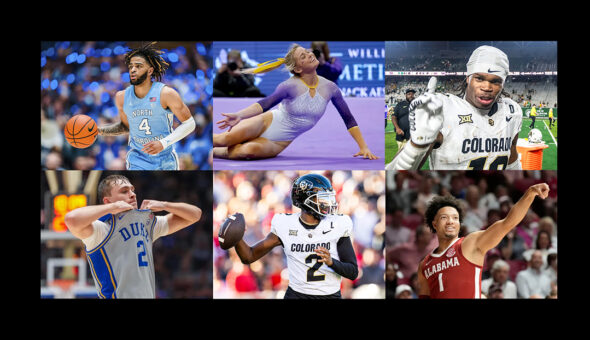It’s often said that people don’t leave jobs, they leave bosses. With the great resignation in full swing, more people are leaving their work and moving on to new positions. This is especially true of higher ed social media managers, where rates of burnout are high and the pay is low. And while university budgets often do not allow for higher pay, there are several things university leadership can do to help their social media managers and to retain top talent.
Schedule time off for them
Social media doesn’t stop at the end of the work day and neither do social media managers. But the structure of higher ed doesn’t allow for flexibility or accommodations for work done outside of business hours; all employees are expected to be at their desks and available during regular hours regardless of what duties might extend to nights and weekends. When it comes to making social media managers whole for any extra time worked tends to be informal, and rarely truly covers it: “Oh, you worked all weekend covering the graduation ceremony? Why don’t you come in a bit late on Monday and we’ll call it even?”
Instead, ask your social media manager to schedule this time off, or better yet, do it for them. Put a few hours on their calendar as a meeting. Tell them they can move it around to whenever works best for them, but they have to take it. Follow up and follow through to make sure they do.
Train an understudy
Formal time off is meaningless if you’re still answering texts from co-workers, posting to social, and responding to comments from students on Facebook. And for many social media managers, this is what time off looks like. In higher ed, where often there is only one social media manager for the whole institution, there simply isn’t anyone to take on their duties when they take time off. This isn’t just hard on the social media manager, it’s a liability for the institution.
Have your social media manager train someone to be able to take on the basic roles of their job when they are unable to work, or when they take time off. This person should be another full-time employee and not a student worker or intern. This will prevent your social media manager having to train someone new every time a student worker leaves.
Have their back
Social media managers have one of the few jobs where everyone from the intern in the mailroom to the university president sees their work — and have very vocal opinions about it. For most university employees, a typo is embarrassing, but very few people see it. For a social media manager, a typo means a constant swarm of replies, emails, and phone calls. Try as they might, mistakes will happen and when they do, social media managers need a boss that understands and comes to their defense. This goes beyond simple typos. If a social media manager decides that a post should or shouldn’t go out, decides that a department shouldn’t be on a platform that their chair really wants, or any other number of decisions, they need a boss who is willing to go to bat for those choices.
Acknowledge their expertise (and your lack of it)
Just as knowing how to drive a car does not make you a mechanic, having a Facebook account does not make you a social media manager. Managing personal accounts and brand accounts are completely different and require different skills and knowledge. Social media is a constantly changing landscape of updates, new platforms, and trends. Your social media manager is likely working very hard to stay up to date and be an expert in their field. Trust and rely on their knowledge and remember that they often have insights beyond what you see on your personal accounts. Ask for their advice, bring them into meetings, and defer to their expertise when you have questions.
Managing employees is always an active process, and it’s never been more important than right now for higher ed leaders to make sure they are supporting everyone on their team — especially those team members who live under the most stress, day in and day out.










